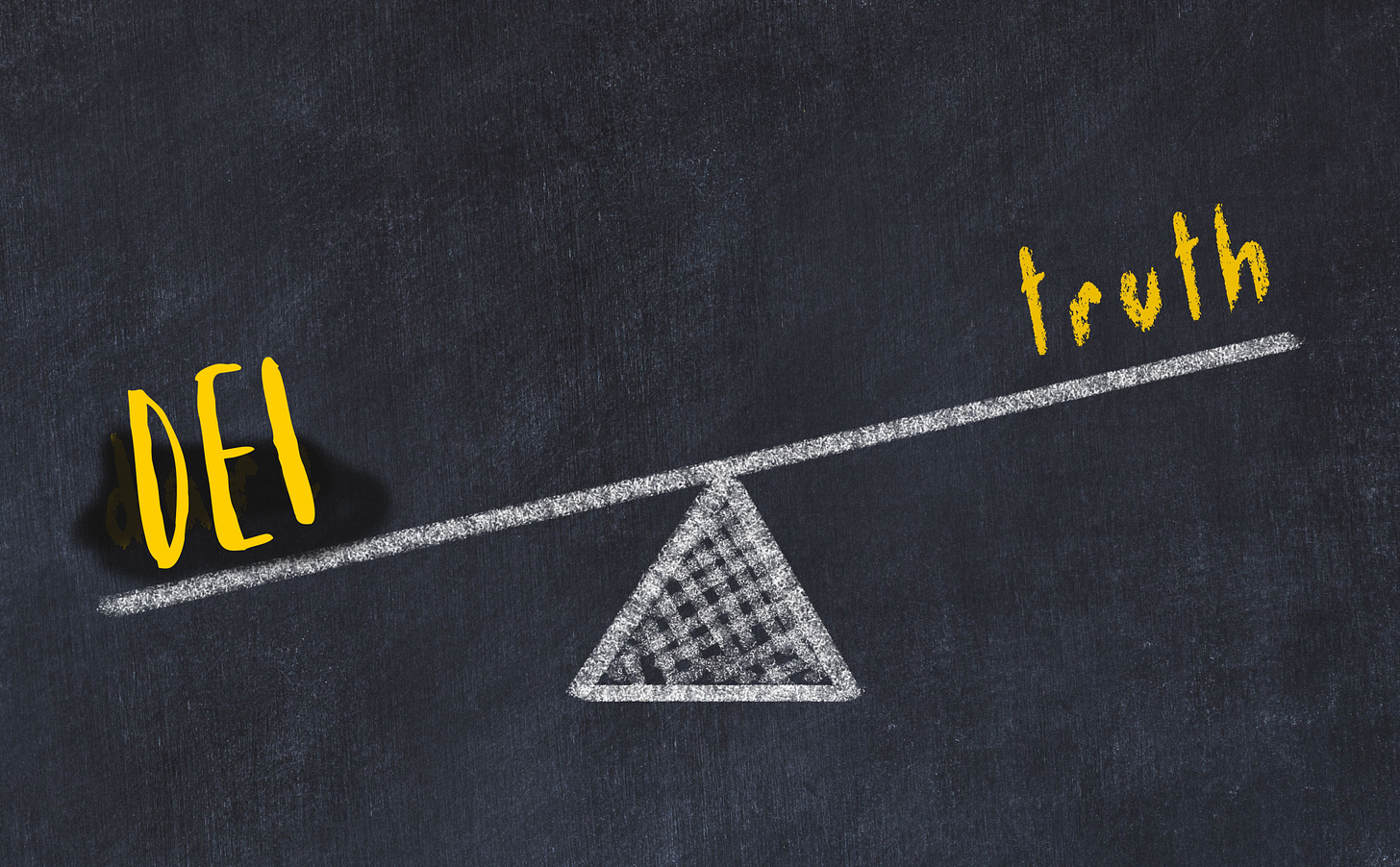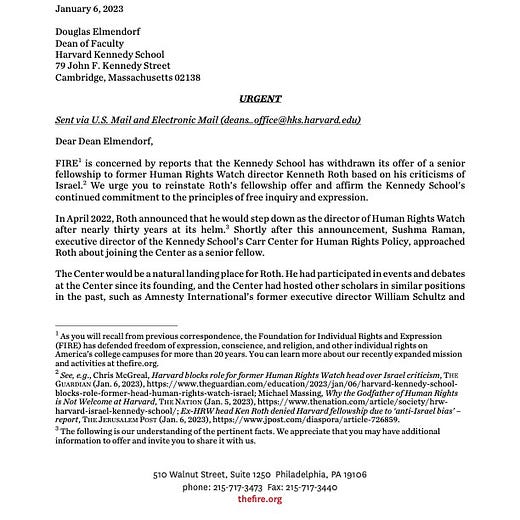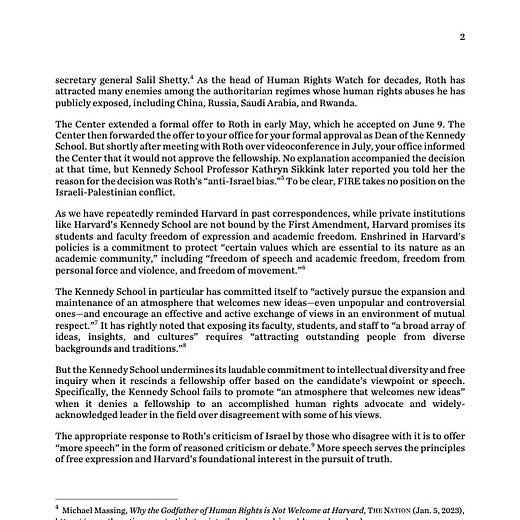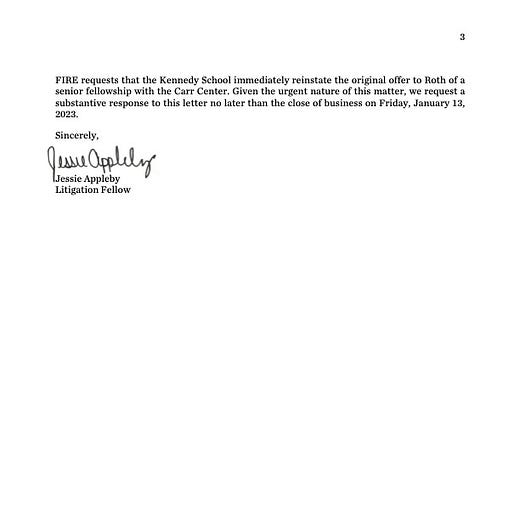E-Pluribus | January 9, 2023
The disturbing shift in the mission of American universities; the transgender hijacking of the "rights" movement; and whatever happened to the American creed?
A round-up of the latest and best writing and musings on the rise of illiberalism in the public discourse:
John Sailer: How DEI Is Supplanting Truth as the Mission of American Universities
Universities are meant to be bastions of free expression, questioning assumptions and critical thinking in a journey to uncover truth. For The Free Press, John Sailer details how an obsession over diversity, equity and inclusion is undermining that fundamental mission.
In a short time, DEI imperatives have spawned a growing bureaucracy that holds enormous power within universities. The ranks of DEI vice presidents, deans, and officers are ever-growing—Princeton has more than 70 administrators devoted to DEI; Ohio State has 132. They now take part in dictating things like hiring, promotion, tenure, and research funding.
More significantly, the concepts of DEI have become guiding principles in higher education, valued as equal to or even more important than the basic function of the university: the rigorous pursuit of truth. . .
DEI has also become a priority for many of the organizations that accredit universities. Last year, the Council for Higher Education Accreditation, along with several other university accrediting bodies, adopted its own DEI statement, proclaiming that “the rich values of diversity, equity and inclusion are inextricably linked to quality assurance in higher education.” These accreditors, in turn, pressure universities and schools into adopting DEI measures.
Read the whole thing.
Madeleine Kearns: How Transgenderism Stretched the Rights Movement to Its Breaking Point
Martin Luther King Jr. said that “the arc of the moral universe is long but it bends toward justice,” and that idea has driven not just the civil rights movement, but other rights movements as well. Madeleine Kearns writes at National Review, however, that the effort to extend similar rights to those who identify as transgender is pushing that “bend” to the breaking point.
Transgenderism is the belief that every person has a “gender identity” — an inner sense of being male, female, or neither — capable of overriding anatomical sex. Gender dysphoria, a condition where the incongruousness between this “gender identity” and anatomical sex can cause distress, is treated with everything from clothing and makeup to hormones and surgeries; the condition is not necessary to prove the validity of the asserted gender identity. So, in other words, a 6-foot-2-inch, physiologically intact man could, in theory, really be a woman.
Transgender activists realize these weaknesses. Which is why, in 2019, Dentons, a major international law firm, released a handbook advising transgender lobby groups “intervene early in the legislative process and ideally before it has even started,” and to do the same in taking charge of media narratives through “the limitation of press coverage and exposure.” Another piece of advice was for them to tie their campaign “to a more popular reform,” such as gay marriage, thus providing “a veil of protection.” Dentons gave the example of Ireland, “where marriage equality was strongly supported, but gender identity remained a more difficult issue to win public support for.”
Read it all.
Joel Kotkin: Prisoners of Ideology
America has been called the great melting pot, but some would argue that in recent years, the country is just plain melting down. At Quillette, Joel Kotkin writes that the country needs to rediscover the American creed that recognizes the unique value and potential of every human being that calls this nation his home.
The country needs to return to a politics informed by what the Swedish sociologist Gunnar Myrdal called “the American creed”—an “abiding sense that every individual, regardless of circumstances, deserves fairness and the opportunity to realize unlimited potential.” Given the country’s ideological, regional, and racial diversity, we can address our “American dilemma," best by adopting pragmatism as our guiding philosophy.
This approach enabled the country to address many of its longstanding environmental, racial, and gender-related ills in past decades. It was not an ideological calling, but a practical approach to solving real problems, and it allowed Daniel Bell to proclaim “the end of ideology” in his 1960 book of the same name. Americans, Bell maintained, had “an extraordinary talent for compromise in politics.” The parties were largely non-ideological—each was essentially “some huge bazaar, with hundreds of hucksters clamoring for attention,” while organized labor focussed on material rewards. Frustrated ideologues on the Left and Right may have decried the “radical dehumanization” of American daily life, but “our politics and civilization run like a machine.”
[ . . . ]
Sadly, the current political environment is marked by record low national pride, which makes it difficult to rally people around an idea like the “American creed.” Extreme rhetoric, not consensus, has been amplified by technology and social media—what author Cathy O’Neil describes as “weapons of math destruction” in her book of the same name. The Internet, she wrote, has “reversed the equation” of E Pluribus Unum and instead promotes and profits from division. Even belief in democracy has faded. In his 2018 book, The People Versus Democracy: Why Our Freedom Is in Danger and How to Save It, Yascha Mounk notes that only a third of all millennials think living in a democracy is important, although two-thirds of older Americans still do.
Read it all here.
Around Twitter
The Foundation for Individual Rights & Expression takes issue with Harvard’s Kennedy School for rescinding a fellowship offer based on the candidate’s views on Israel:
Scientific American ran an article on black men, football and violence that, among other things, suggests a similarity between the football field and the plantation field. Jesse Singal shares some observations:
And finally, Peter Pan was a boy who never grew up. If more universities follow Aberdeen’s lead below, we may end up with a whole generation of Peter Pans:















